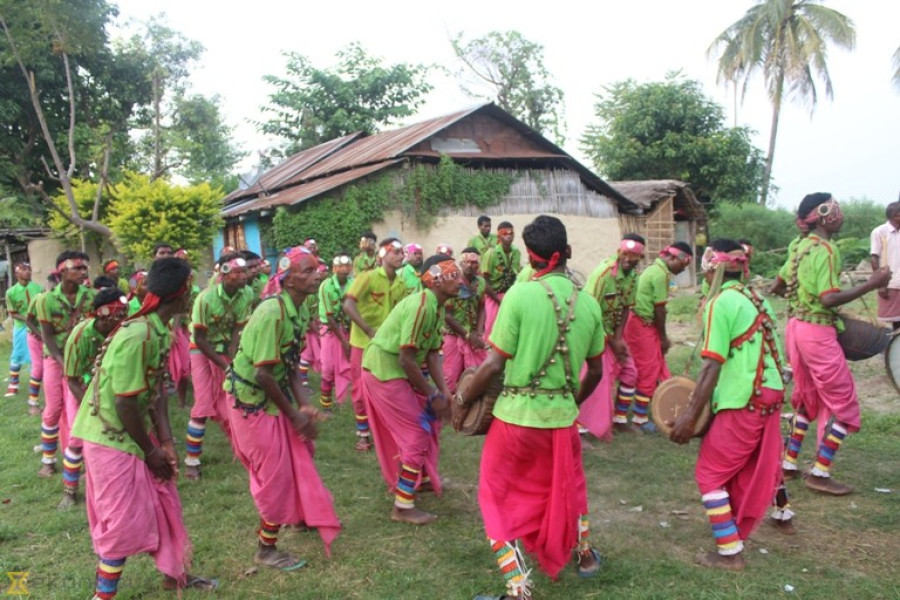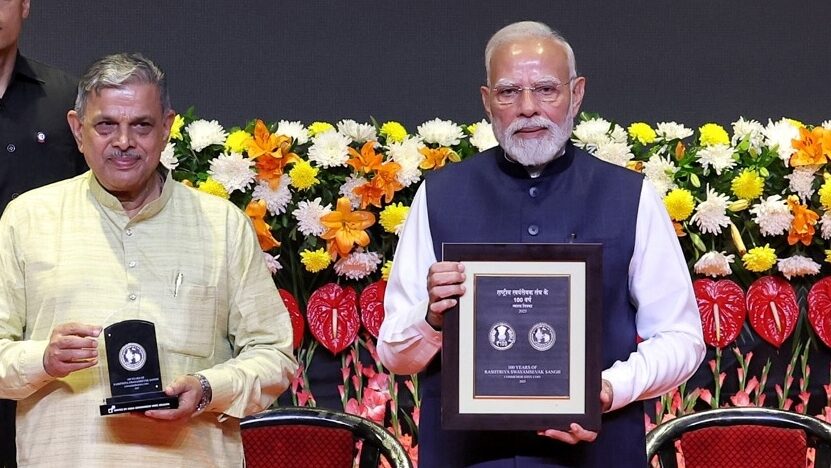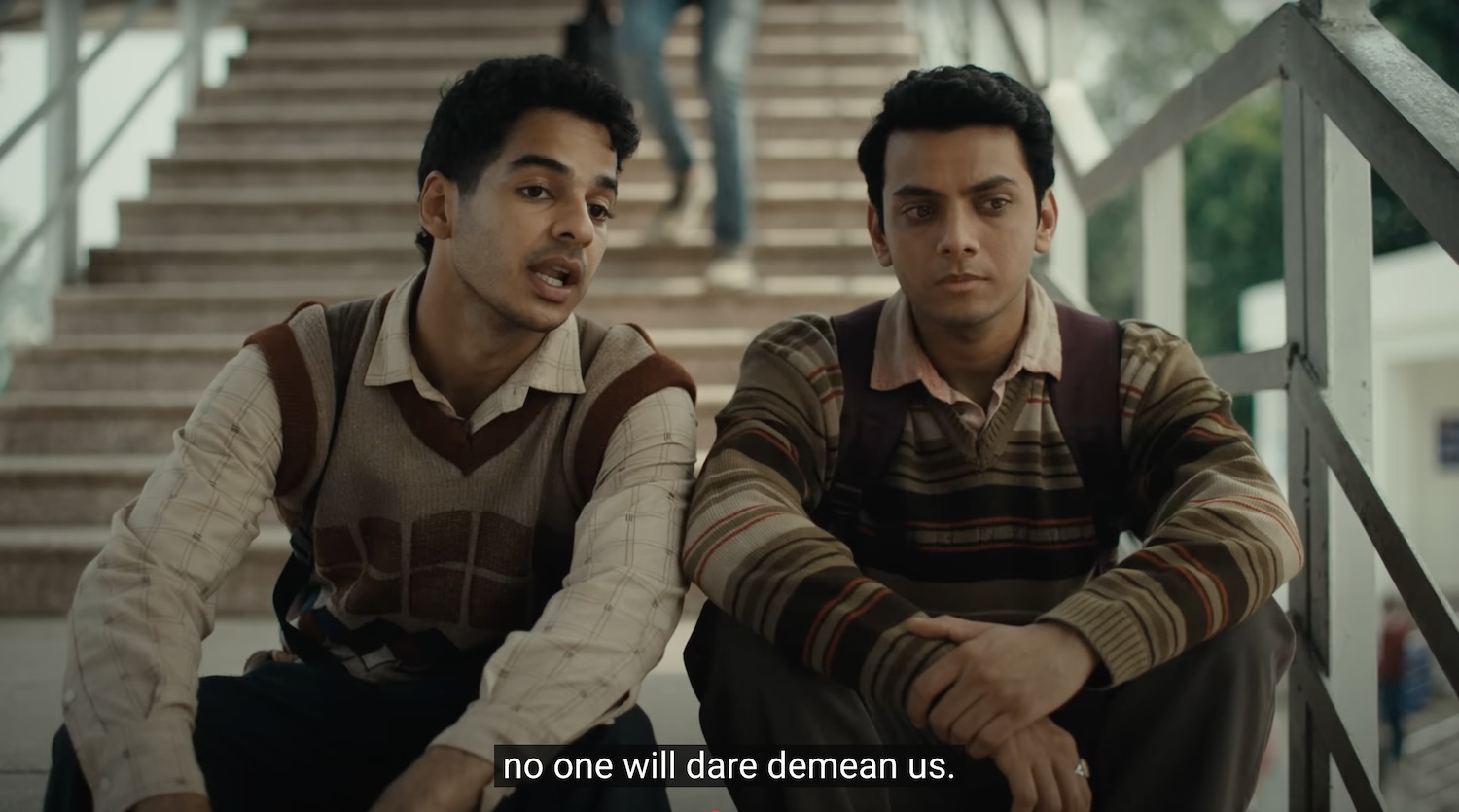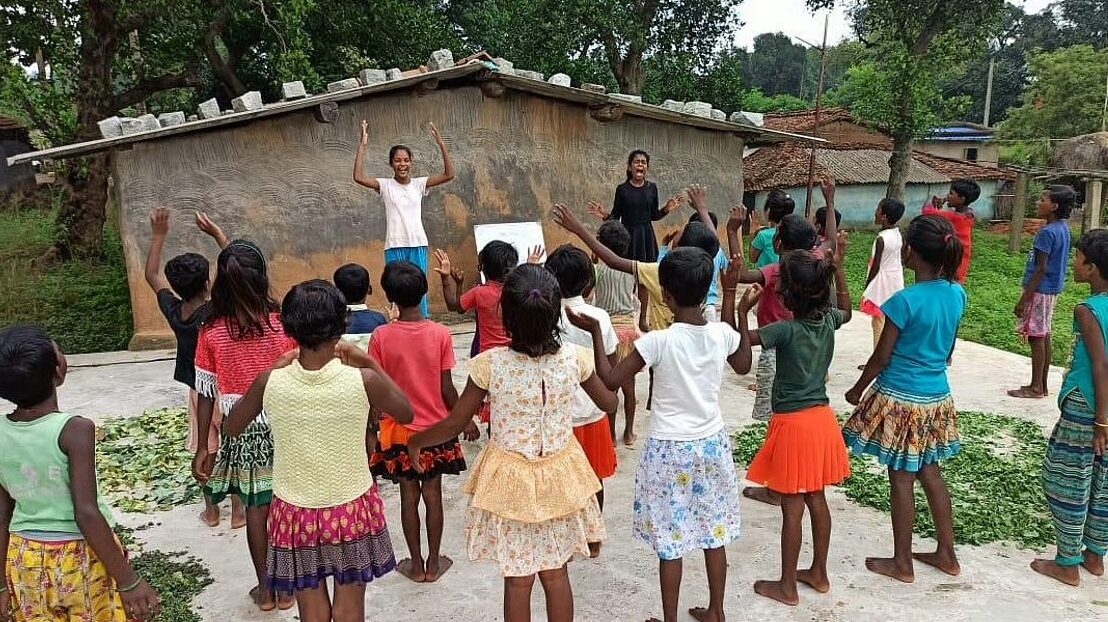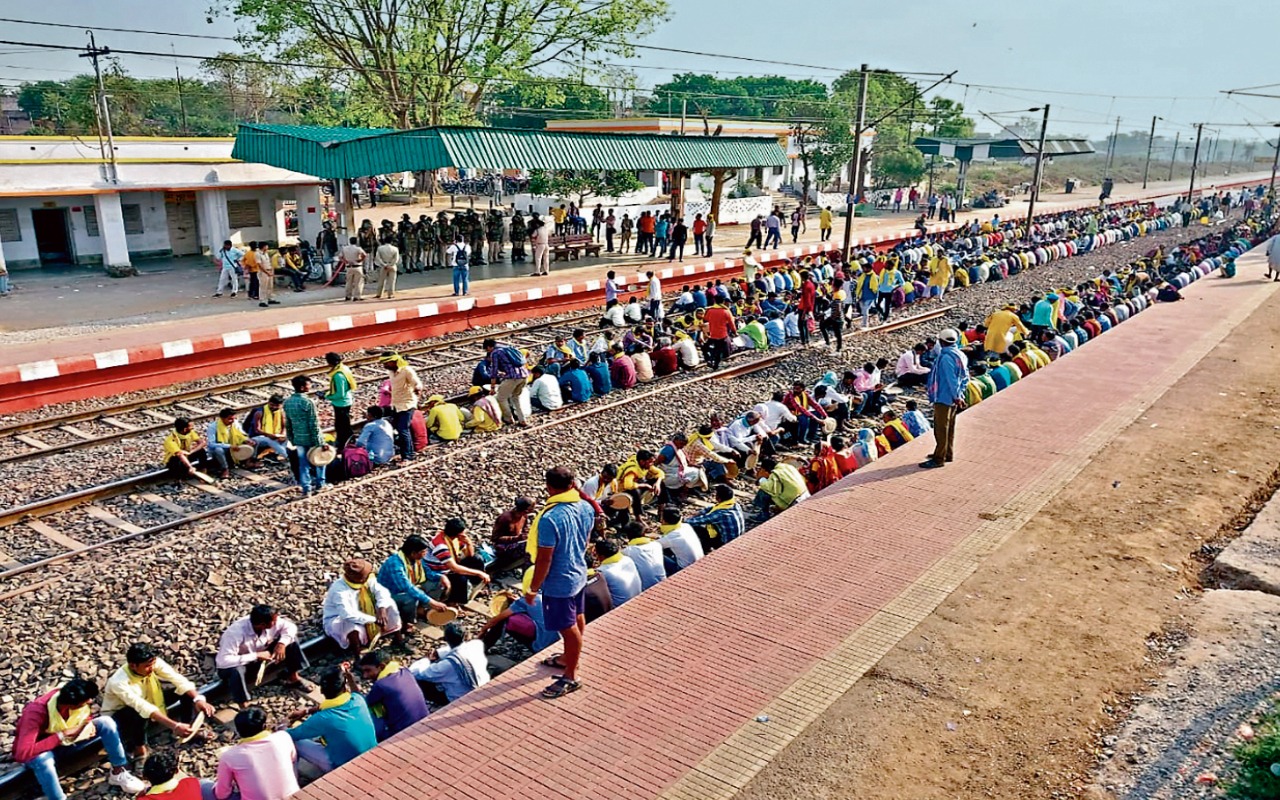Dr B.R. Ambedkar was knowledgeable about Constitutions adopted around the world and believed that the Constitution had a great role to play in a country’s progress. Underlining the role of the Constitution, he has written: “In other words all the social evils are based on religion. A Hindu man or woman, whatever he does, he does as a religious observance. A Hindu eats religiously, drinks religiously, bathes religiously, dresses religiously, is born religiously, is married religiously and is burned religiously. His acts are all pious acts. However evil they may be from a secular point of view, to him, they are not sinful because they are sanctioned and enjoined by his religion. If any one accuses a Hindu of Sin, his reply is, ‘If I sin, I am sinning religiously’.
READ THE FULL ARTICLE HERE: Why the Constituent Assembly disagreed with Ambedkar’s democratic socialism

